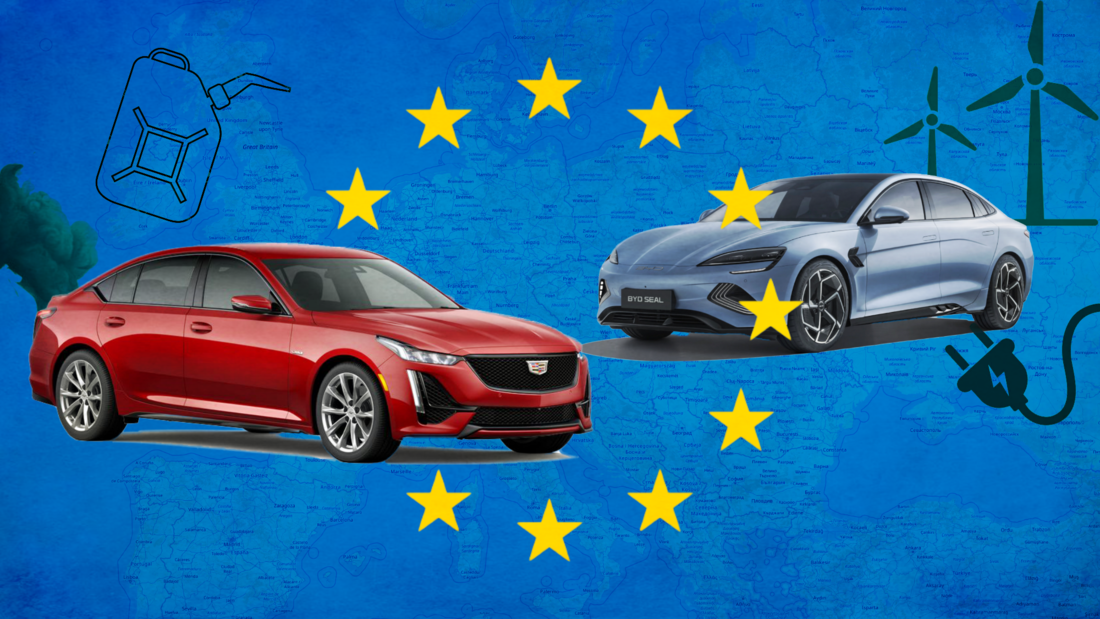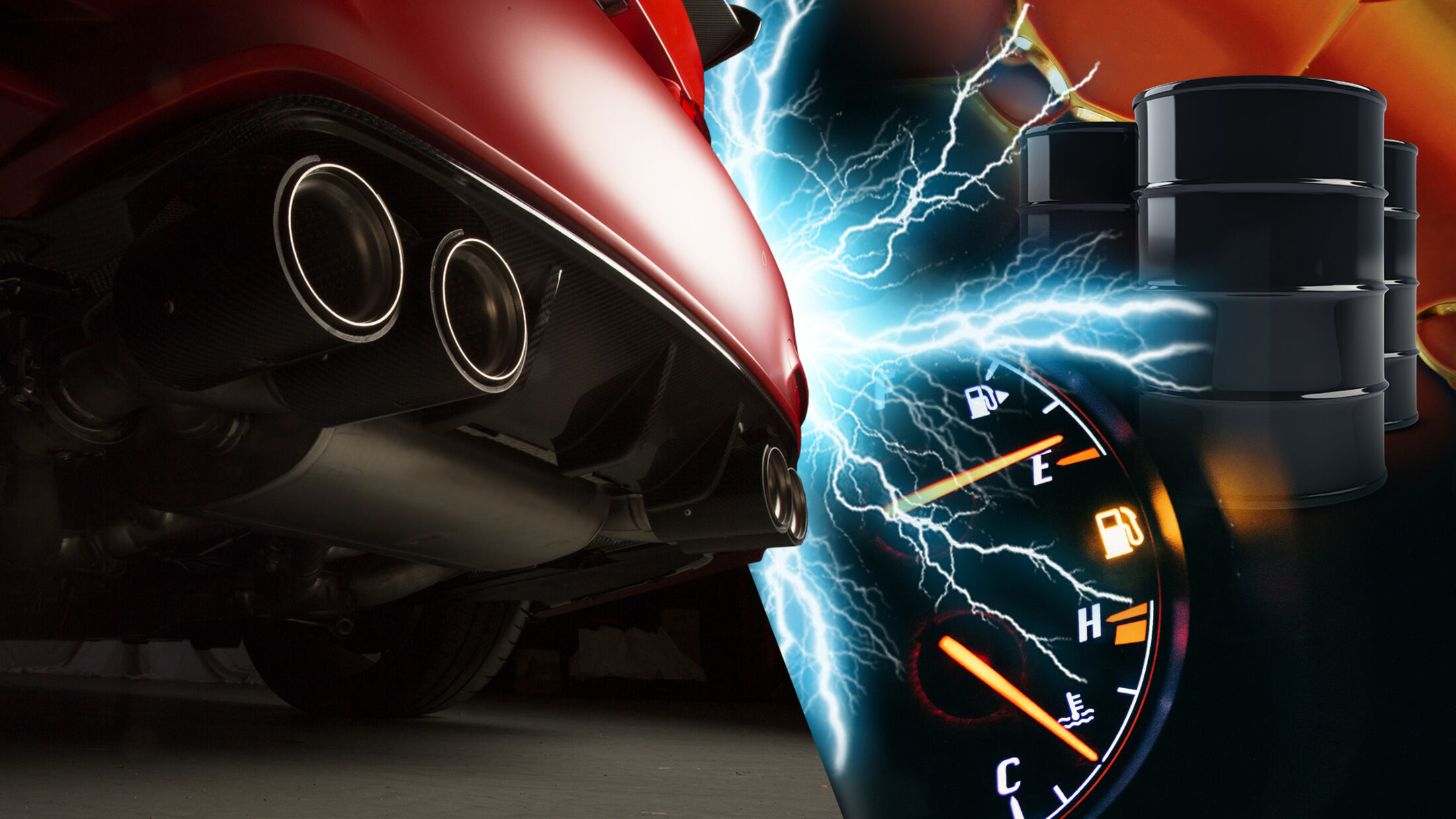EU to Ban New Combustion Engine Vehicles by 2035
A Historic Decision with Far-Reaching Impacts
The European Union (EU) has made a bold move towards a greener future by voting to ban the sale of new combustion engine vehicles by 2035. This landmark decision signifies a major shift in the automotive industry and sets ambitious goals for reducing emissions and transitioning to sustainable transportation.
Empowering Sustainable Mobility
The EU's decision is motivated by a commitment to combat climate change and improve air quality. By phasing out combustion engines, the EU aims to significantly reduce greenhouse gas emissions and promote cleaner forms of transportation. This move is expected to drive innovation and investment in electric vehicles, hydrogen fuel cells, and other alternative technologies.
Challenging the Automotive Industry
The decision poses challenges to the automotive industry, which must adapt rapidly to meet the new regulations. However, it also presents opportunities for companies to embrace sustainability and develop innovative solutions. The ban on combustion engines is likely to accelerate the development of electric vehicle charging infrastructure, fueling stations for alternative fuels, and the production of more fuel-efficient vehicles.
Creating a Greener Future
The EU's decision has been met with mixed reactions. While environmental groups have welcomed the move as a step in the right direction, some industry experts have expressed concerns about the feasibility and timeline of the ban. However, the decision sends a clear signal that the EU is committed to creating a greener, more sustainable future for its citizens and the planet.
Ongoing Debate and Questions
As the EU moves forward with implementing the ban, there are still questions and debates surrounding the details and implications. The timeline, exemptions, and support for affected industries remain areas of ongoing discussion. It will be crucial for the EU to address these issues effectively to ensure a smooth transition and maximize the benefits of the ban.


Komentar